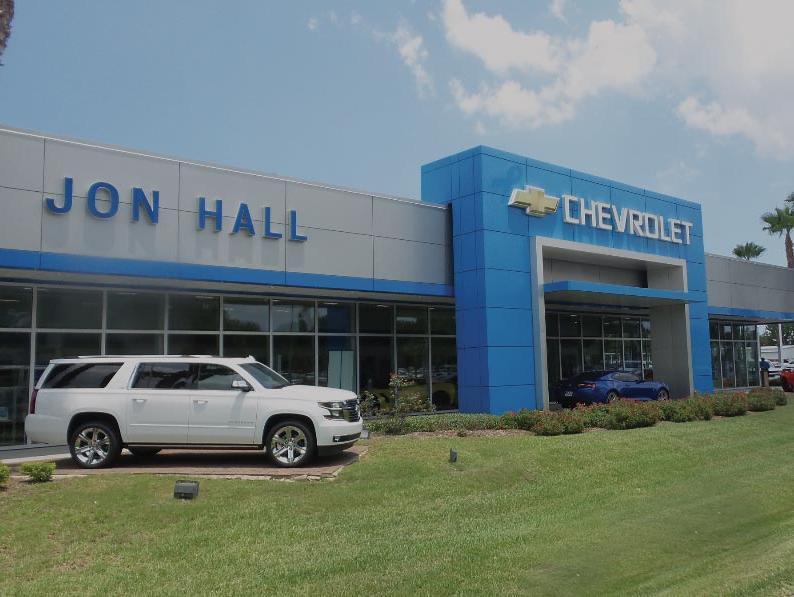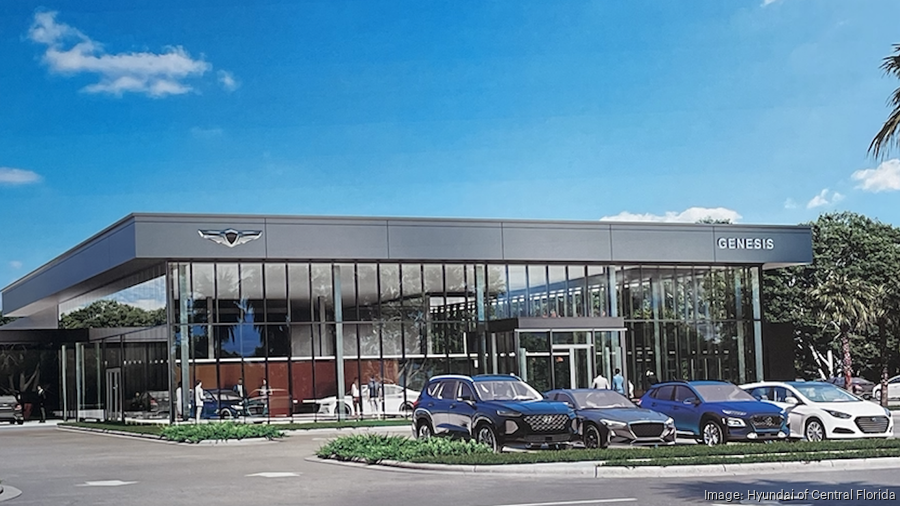Exploring the Small Print: What to Know Before Leasing an Automobile
Navigating the world of car leasing can be an intricate venture, typically requiring a keen eye for information to prevent potential risks. The appeal of driving a new vehicle without the long-lasting commitment of possession can be attracting, however prior to you join the populated line, there are crucial aspects hiding in the small print that merit cautious factor to consider. From surprise costs that may capture you off-guard to mileage restrictions that can affect your day-to-day commute, being skilled in the complexities of a lease contract is extremely important. Let's unwind the layers of complexity that include renting a vehicle to guarantee you make an informed choice that aligns with your demands and monetary objectives.
Lease Conditions
Recognizing the lease terms and problems is critical prior to dedicating to a car lease agreement. These terms outline the duties and commitments of both the lessee and the owner throughout the lease duration. Additionally, acquaint yourself with the mileage restricts specified in the lease arrangement.
Furthermore, the lease terms will certainly detail the upkeep demands for the vehicle. By completely evaluating and understanding the lease terms and conditions, you can make an educated decision and prevent any type of shocks or misunderstandings throughout the lease term.

Hidden Costs and Charges
Upon settling the lease terms and conditions, it is crucial to scrutinize the contract for any possible surprise fees and charges that may affect the overall cost of the lease. These extra expenses can dramatically inflate what originally felt like an excellent bargain. Some usual hidden fees to look out for include purchase charges, personality costs, excess mileage fees, deterioration fees, very early termination fees, and down payment costs.

Comprehending Gas Mileage Limits
When leasing a vehicle is the predetermined gas mileage restriction set by the leasing agreement,One crucial element to consider - lincoln dealerships. Mileage limitations specify the optimum variety of miles a lessee can drive the lorry yearly without incurring surcharges. It is vital to completely understand these restrictions as exceeding them can cause costly fees at the end of the lease term
Typically, lease agreements provide mileage restrictions ranging from 10,000 to 15,000 miles per year, with options to purchase extra miles upfront at a reduced rate. Lessees must accurately evaluate their driving habits to select a suitable gas mileage limit that lines up with their requirements. Reviewing the agreed-upon mileage can cause excess mileage fees, which are typically determined per mile and can build up promptly.
To avoid unforeseen fees, lessees should monitor their mileage throughout the lease term and take into consideration alternatives such as car pool or making use of public transport when nearing the limit. Recognizing and adhering use this link to the mileage restricts detailed in the leasing arrangement is critical for a smooth and cost-efficient leasing experience.
End-of-Lease Obligations
As completion of the lease term approaches, lessees have to be prepared to accomplish their end-of-lease duties promptly and in conformity with the leasing agreement. One crucial responsibility is making sure that the car is returned in great condition, considering regular deterioration. Most leasing agreements state particular standards pertaining to the appropriate problem of the car at the end of the lease, and lessees might be economically responsible for any type of excessive damages.
Additionally, lessees are commonly required to stick to mileage limits described in the leasing contract. Going beyond these limitations can result in excess costs that can add up swiftly. To prevent unforeseen costs, it's essential for lessees to monitor their mileage and strategy ahead as the end of the lease term techniques.
Last but not least, lessees should know any kind of end-of-lease fees that might apply. These might include personality costs, excess deterioration charges, or any outstanding payments. By preparing and recognizing for these responsibilities ahead of time, lessees can make certain a smooth and problem-free end to their leasing contract.
Insurance Coverage Needs
Comprehending the insurance policy demands is vital for lessees when leasing a car to make certain correct protection throughout visite site the term of the lease. Many leasing companies typically call for lessees to lug detailed and collision insurance policy on the vehicle.
Along with extensive and accident protection, owners frequently mandate certain obligation insurance limits that lessees must meet. Responsibility insurance coverage covers costs related to bodily injury or residential or commercial property damages that the lessee may create to others while driving the leased car. Lessees need to meticulously evaluate the insurance policy requirements laid out in their lease arrangement to ensure they are certified.
Failing to preserve the essential insurance coverage can lead to charges or also the termination of the lease arrangement. It is important for lessees to connect with their insurance policy company to ensure that they fulfill all the insurance demands defined by the owner.
Verdict
In verdict, it is essential for individuals taking into consideration renting a vehicle to thoroughly examine the lease terms and problems, be conscious of any kind of hidden fees and charges, understand mileage restrictions, and plan for end-of-lease address obligations. Additionally, meeting insurance policy requirements is necessary to secure both the owner and the lessee. By being informed and understanding these key facets, individuals can make well-informed choices when renting an auto.
Upon wrapping up the lease terms and problems, it is important to inspect the agreement for any kind of possible concealed fees and costs that may influence the general cost of the lease.Acquisition costs are charged by the leasing company for establishing up the lease, while disposition fees are sustained at the end of the lease term. By very carefully examining the lease contract for these hidden costs and fees, you can stay clear of unexpected financial shocks and make a much more enlightened choice when renting a car.
Comprehending the insurance coverage requirements is vital for lessees when renting a vehicle to ensure correct insurance coverage throughout the term of the lease.In conclusion, it is essential for people considering leasing an auto to very carefully assess the lease terms and conditions, be aware of any concealed charges and charges, understand gas mileage limits, and prepare for end-of-lease obligations.
Comments on “Revolutionize Your Driving Experience: Varsity Lincoln, Your Premier Lincoln Dealership!”